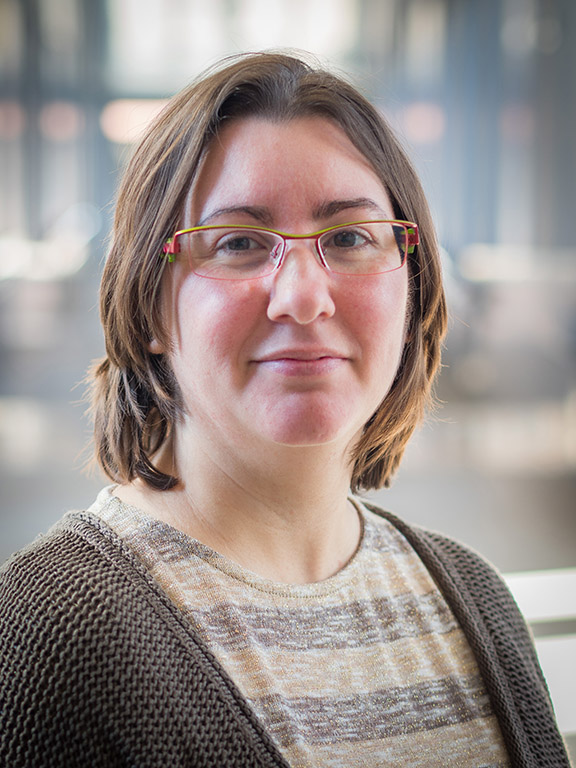
Transplant procurement management: 30 years of international training program in organ and tissue donation
Carmen Blanco1, Chloë Ballesté1,2, Marián Irazábal1, Ricard Valero1,2,3, Martí Manyalich1.
1Donation and Transplantation Institute, Barcelona, Spain; 2Medical School, University of Barcelona, Barcelona, Spain; 3Anesthesiology, Resucitation and Pain Treatment, Hospital Clínic de Barcelona, Barcelona, Spain
Background: The educational project called Transplant Procurement Management (TPM) was launched in 1991 as a specialised program which main goal is to train health professionals in the field of organ donation for transplantation. Since then, 376 courses have been developed in 44 countries training 15575 health care professionals. The objective is to analyse the impact of the training in the donation rates on those countries where the TPM training has been developed nationally as part of a continuous professional development plan.
Methods: TPM offer is organized by levels (introductory, intermediate, advanced) and training modalities (face-to-face, online, blended), with a result of tailored-made courses according to each country needs. Its core program goes through the clinical process of donation for transplantation and its methodology combines theoretical sessions with hands-on workshops in small groups, simulations, cases discussion and debate. Special attention is given to innovative tools: for donor detection workshop, a videogame has been developed to practice how to detect and evaluate donors in a virtual hospital; to practice communication of bad news and family interview for donation consent, an immersive experience with virtual reality has been designed. The impact of the training has been measured through a retrospective study that includes the organ donation rates published in IRODaT during the period 2009-2019 in 8 countries and the number of participants registered in our database.
Results: The number of participants trained in these countries from 2009 to 2019 has been as follows: China, 1395; Croatia, 166; Iran, 318; Italy, 2268; Portugal, 301; Slovenia, 263; Thailand, 189; UAE, 283. The donation rates in all countries have increased during the period 2009-2019 in the following: China, 108%; Croatia, 99%, Iran, 394%, Italy, 16%, Portugal, 9%, Slovenia, 24%, Thailand, 217%, UAE, 110%.
Conclusions: An increment of the donation rates has been demonstrated in all countries of the study being higher in those countries with lower initial rates. Therefore, TPM courses have been proven effective in those countries with a national strategy to increase the donation activity that includes education. Education is, among other factors, crucial in the development of donation and transplantation systems at regional or national level. Throughout these 30 years TPM has contributed to the professionalization of health professionals involved in this development and will keep on this endeavour.
